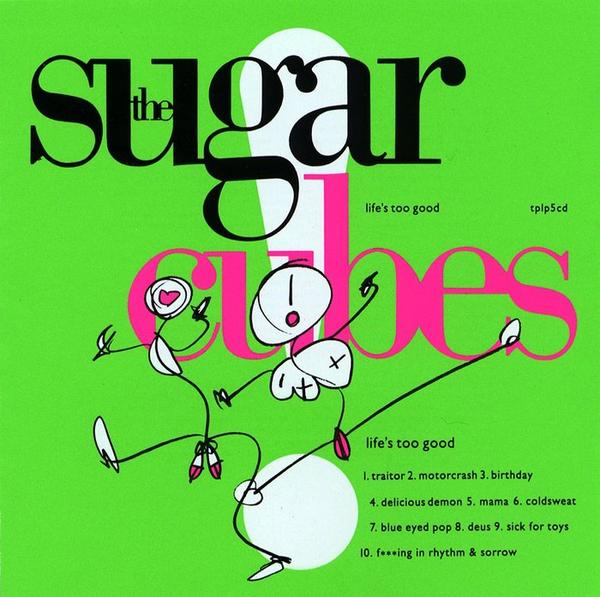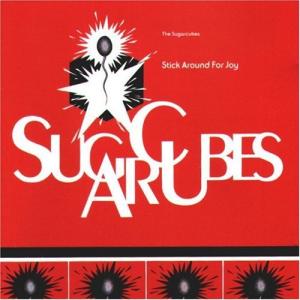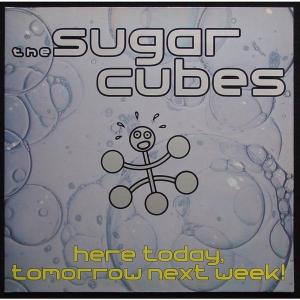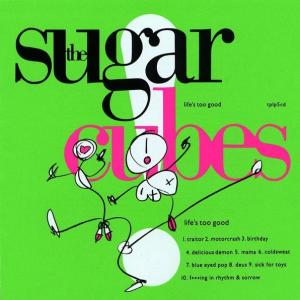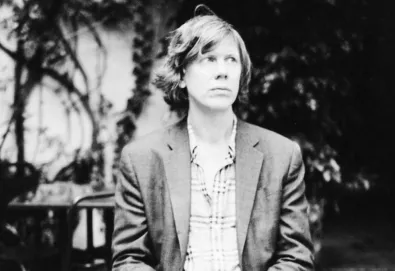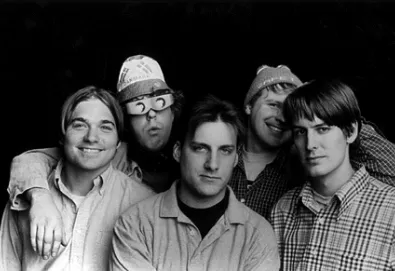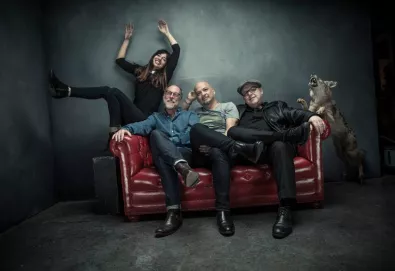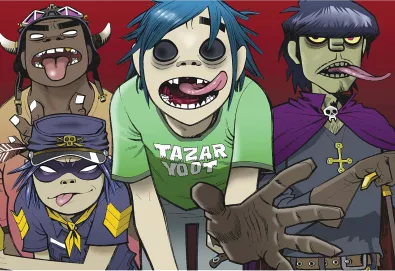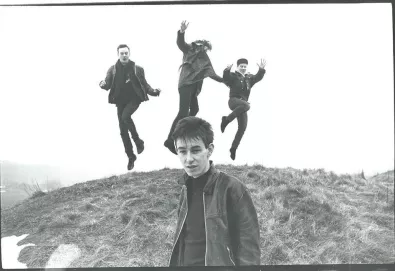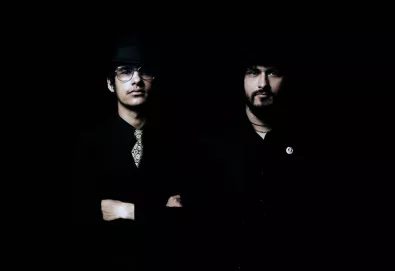Formed in 1986 in Iceland, The Sugarcubes not only unveiled singer Björk, but also released one of the best pop music records of the 1980s, the acclaimed debut album, 1988's Life's Too Good. Despite the next two albums - Here Today, Tomorrow Next Week! (1989) and Stick Around for Joy (1992) lack the pop inspiration of Life's Too Good, the band has gained a legion of fans in the alternative scene. Influenced mainly by post-punk, the band's music features elements reminiscent of artists such as The Cure, Kate Bush, The B-52's and Talking Heads.
The Sugarcubes was formed by musicians who already played in various groups in the Icelandic independent scene during the early 1980s. Björk Guðmundsdóttir and Einar Benediktsson (both on vocals), Thor Eldon (guitar), Einar Mellax (keyboards), Bragi Olafesson (bass) and Siggi Baldursson (drums) released in 1986 in Iceland the single Einn Mol'á Mann with the songs and "Köttur". The group sparked the interest of British label One Little Indian, which in 1987 released the song "Birthday", the English version of the track "Ammæli".
"Birthday" was the first single from the critically acclaimed album Life's Too Good, released in 1988, and the first Icelandic pop song to hit overseas. Besides "Birthday", "Coldsweat", "God" and "Motorcrash" were the other singles taken from the band's debut album.
The critical acclaim also generated internal conflicts, in particular tension between Einar Benediktsson and Björk, as most of the praise was directed at the vocalist. The band's line-up also changed with the departure of Einar Mellax and the entry of Magga Ornolfsdottir.
Here Today, Tomorrow Next Week!, the second album, came out in 1989. The album did not get the same acceptance as the previous one. Stick Around for Joy, released in 1992, received positive reviews but failed to generate any major hits.
The Sugarcubes disbanded in 1992, and then Björk began a successful solo career.
- Origin:
- Log in or register to post comments









